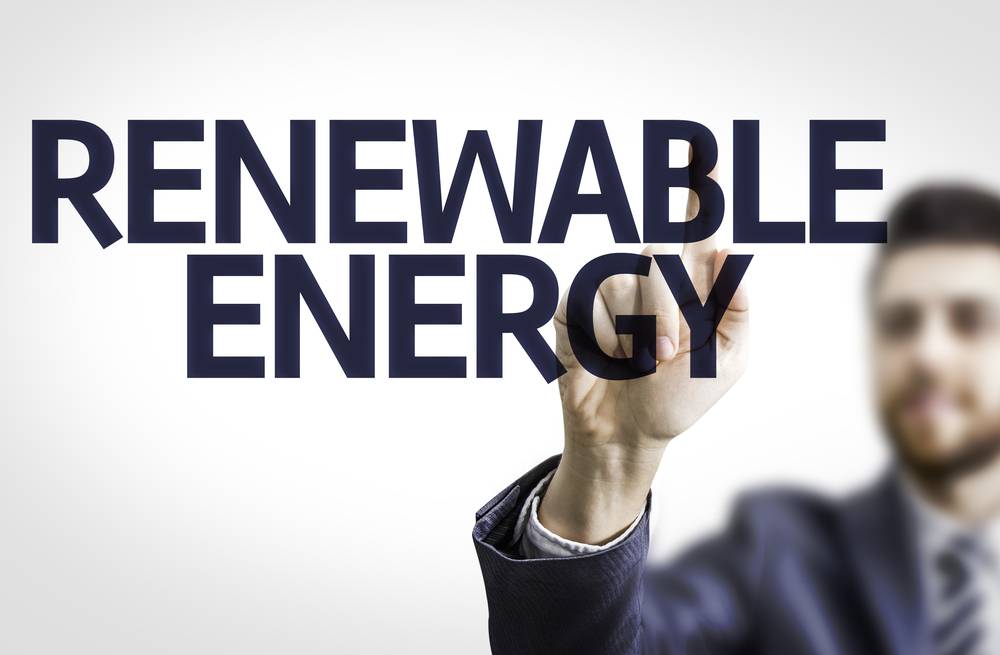Do you remember Dieselgate? It’s just one episode in a long history of governments wreaking havoc on the environment by trying to save it. As this particular story goes, governments encouraged people to drive diesel cars because they emit less CO2 and would thereby save the planet.
My Japanese father in-law reckons he was paid about AU$7,000 to import a diesel car from Germany into Japan because of its environmental credentials.
As the Guardian put it:
‘Diesel was touted at inception as a wonder fuel. It was a way of driving cost-efficiently while doing your bit to save the planet. Government, industry and science united to sell us the dream: cars running on diesel would help us cut our CO2 emissions as we eased smoothly into a new eco-friendly age.’
Unfortunately, that turned out to be a bit misleading, with diesel cars emitting far worse than CO2 instead…and far more CO2 than dodgy tests had measured to boot.
Governments eventually reversed their pro-diesel policies, but not before diesel cars had flooded many cities with their noxious fumes.
Now, we don’t know how many people were killed by governments encouraging people to buy diesel cars to reduce CO2. The EU’s Environment Agency estimates about 71,000 premature deaths in Europe alone were caused by diesel fuels, which probably did reduce a lot of CO2 emissions, ironically enough…
I wouldn’t mind seeing Niall Ferguson of COVID modelling fame do the maths for diesel subsidy fatalities on a global scale though…
But why bring up all this awkward information? Wouldn’t those who survived governments’ previous flagship climate change policy rather forget about the whole thing? Well, it might be about to repeat itself one a much larger scale. I’m calling it ‘Gasgate’.
Petroleum gas is Australia’s third largest export and Australia is the fourth largest exporter worldwide. At $39 billion, it’s 11.4% of our total exports.
Gas is a key business for many of our largest and most widely held stocks, including AGL, Woodside Petroleum, BHP, Origin Energy and many more.
Natural gas provides about a quarter of our energy needs and a fifth of electricity production.
Gas is the key partner to the rollout of renewable energy because it is reliable and can be controlled easily to balance the intermittency of having renewables on the energy grid.
Gas is, in other words, a crucial part of our future in terms of the energy we use, the economy we live by, and the stockmarket we feed with our compulsory super contributions…
And it is projected to remain so for many years to come.
But all this is based on the assumption that gas is cleaner than coal…or should I say presumption?
You see, an analysis by Cornell University’s methane expert, Robert Warren Howarth, which hasn’t yet been peer reviewed, says otherwise.
It claims that, because of the methane emissions released during the production, processing, transport and use of LNG, its carbon emissions equivalent is actually higher than coal.
If true, this is a bit of a problem, to say the least.
It implies that the vast transition to a mix of renewables and gas to back them up is about to come crashing down in a putrid cloud of methane and lost shareholder value.
The first implication is fairly obvious. If LNG is to the power grid what diesel was to cars, then it will suddenly become a lot less popular with governments and companies hoping to cut their CO2 emissions. This leaves a big smelly hole to fill in terms of energy supply.
For Australia, the claims in the upcoming paper are especially worrying because we have made gas a key part of our exports. Unfortunately, that’s where it all goes wrong in terms of methane emissions too, with shipping causing a good chunk of the methane leakage.
This further implies that LNG as an internationally traded energy source will be especially environmentally damaging and therefore especially shunned by anyone who still has faith in environmental science at this point. All those gas import and export terminals being built around the world could be sunk by their own carbon miscalculations.
More intriguingly, what’ll happen to renewable energy if it is robbed of its favourite scalable balancing mechanism because it emits too much? What level of renewables will be viable on a grid if we can’t use a lot of gas to fill the gaps in intermittent energy production?
The whole renewables thing could come crashing down even faster than it has been over the past few weeks anyway…
All of this is mighty ironic, of course. The same environmentalists who robbed us of emissions free nuclear power, and who are hoping to stop us from eating beef because of methane emissions, are about to discover that the only fossil fuel they can tolerate because of its partnership with renewables emits more CO2 equivalents than their bogey man coal by way of methane emissions. You couldn’t make it up…unless you were a diesel driver.
Of course, it’s important to remember that energy policy has a turning circle that makes the Titanic look unsinkable during an ice age. Heck, diesel remained hugely popular for years after the Dieselgate revelations, largely because governments didn’t want to pull the rug out from under the drivers who were naïve enough to buy into the science and subsidies, literally. For once politicians kept their promise, at the expense of those of us who need to breathe to survive.
And so gas may yet have a bright, if odorous future for some years to come. But only if governments turn a blind eye to the science…
Until next time,
 |
Nick Hubble,
Editor, Fat Tail Daily

